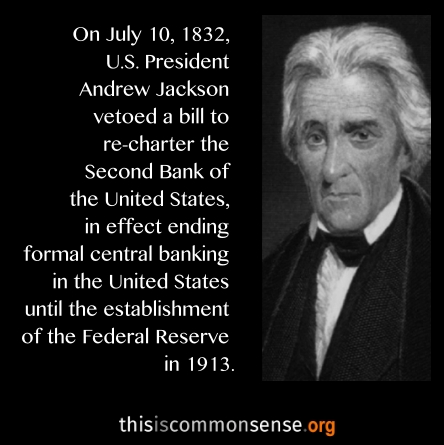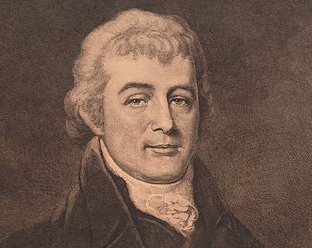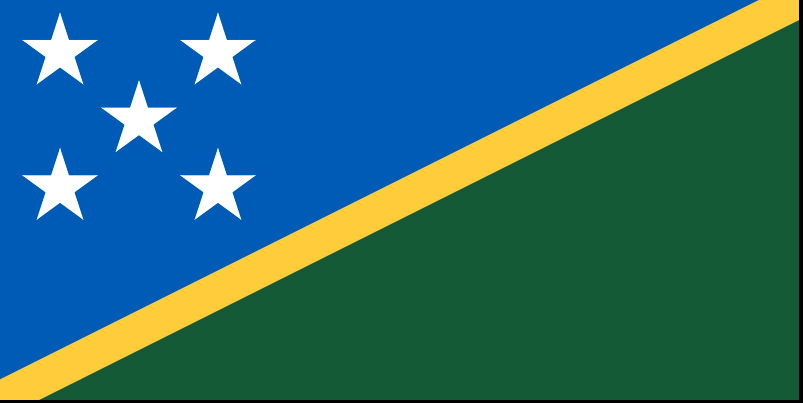A few hundred years ago, not far from Deas’ Point near Weehawken, New Jersey, was a ledge eleven paces wide and 20 paces long, situated 20 feet above the Hudson on the Palisades. This ledge, long gone, was the site of 18 documented duels and probably many unrecorded ones in the years 1798 – 1845. The most famous is the duel between General Alexander Hamilton, first Secretary of the Treasury, and Colonel Aaron Burr, third (and sitting) Vice President of the United States, which took place on July 11, 1804.
Hamilton died the next day of complications from a bullet wound at less than 50 years of age; Burr died on September 14, 32 years later at age 80.





